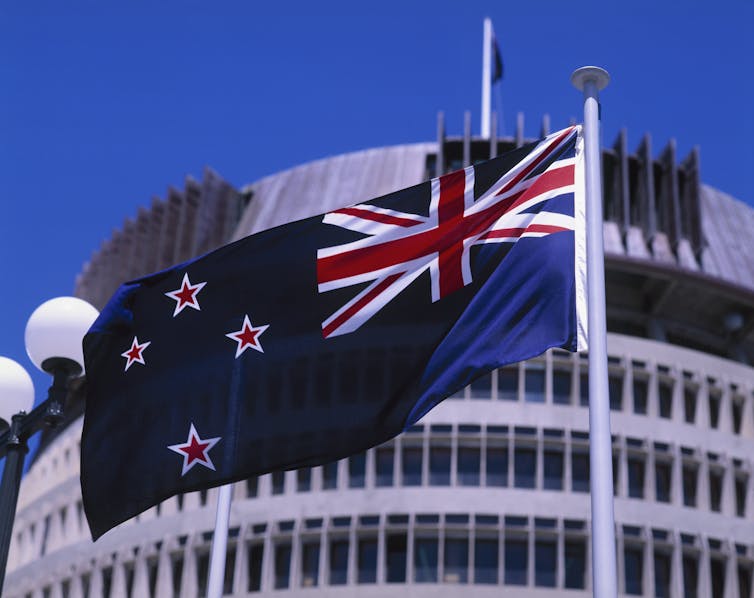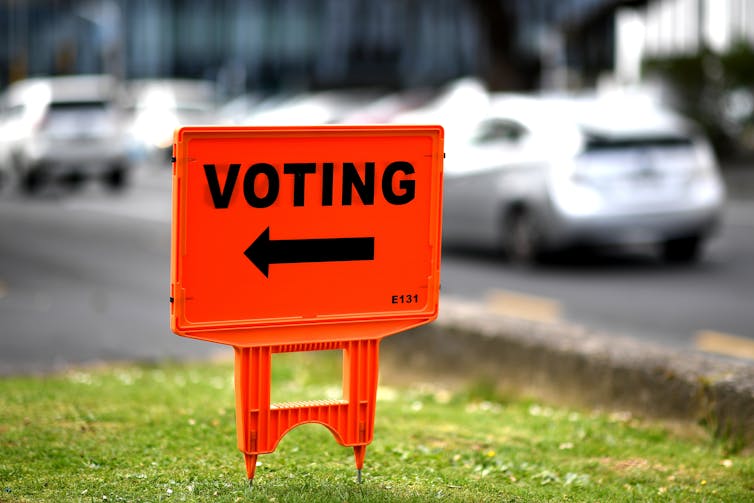
Proposed changes to New Zealand’s political donation rules have put the spotlight on donors who give thousands and the motivations they have for their generosity. Our current research into New Zealand’s political donations system aims to shed light on this often obscure process.
Last year, just over NZ$2.73 million was donated to ten of New Zealand’s 15 registered political parties.
Current rules require the public disclosure of any donations over $15,000. The government has proposed dropping this public disclosure threshold to $1,500 (a move opposed by both the National and Act parties).
The proposed reforms to the political donation rules follow Serious Fraud Office investigations into the handling of donations received by the National, Labour and NZ First parties. All three investigations have resulted in court proceedings, with the first case just ended with the judge reserving his decision.
Given the apparent confusion and disputed legal requirements around transparency, a basic question needs to be asked: why do wealthy New Zealanders donate to political parties?
The motivation for political donations
As part of our research into political donations, we have interviewed several party donors across the political spectrum.
We asked them why they donate, whether they expect to exert any sort of influence from their donation, and what views they have on other features of the current system, such as the disclosure of their name and the size of their donation.
Read more: What do businesses get in return for their political donations?
Our interviewees were not concerned about transparency. Having each given over $30,000, their names were published online within ten days of their donation.
All accepted this transparency as a necessary part of a democratic system. Some even believed it had positive effects, for instance in encouraging others to donate.

Self-interest or public interest?
Our interviewees’ reasons for donating varied. Most invoked some desire to “participate”. Participation took different forms – from supporting a party that had similar values to the donor, to just being part of the political process.
Perhaps unsurprisingly, academic research suggests political influence is expected from donations – although supporting existing policies is also a factor. But the donors we spoke to said they did not gain extra influence as a result of their donation, nor did they seek it.
A couple of cautions are in order, however. The fact they were willing to be interviewed by researchers may suggest our interviewees were more comfortable with their donations than other donors might be.
Second, even while insisting they did not gain extra influence, some made other comments suggesting some level influence was a consequence of the donation. One noted interactions with multiple prime ministers and party leaders, some of them directly connected to fundraising. Such figures had, for instance, been to the donor’s house for meals.
Read more: New Zealand politics: how political donations could be reformed to reduce potential influence
Another donor said making a large donation would generate the opportunity to arrange a direct meeting. Even if policy is not explicitly discussed in such contexts, donors and politicians are clearly building close relationships.
These are the conditions in which the interests and beliefs of political leaders may gravitate towards those of donors, especially since ordinary voters do not generally get such privileged access.
Some donors alluded to such closeness. One said, speaking of the party to which they donate, “They are nice to me, and I’m nice to them.”
Another acknowledged that while donations were made in self-interest, “The self-interest is [seen as] public interest.” That is, donors rationalise actions designed to further their own interests by arguing this overlaps perfectly with the public interest, even though such a correlation is far from guaranteed.

Do our rules need to be more robust?
Some would argue the process for regulating donations works, evidenced by the ongoing court cases. However, those cases were triggered by whistleblowers, not because of regulatory oversight in the first instance. We cannot rely on whistleblowers to report all instances of alleged wrongdoing.
Much electoral reform work is currently taking place, including the contested changes to donation disclosure rules and a wider independent review of the Electoral Act.
Read more: Money makes world of politics go round, and keeping it clean isn't simple
With two more donations-related court cases to come this year, pressure is mounting for changes to the way political parties are funded.
Such reform appears necessary to create greater transparency about donations and ensure that trust in Aotearoa New Zealand’s political funding system is not permanently eroded.
Max Rashbrooke receives funding from the Gama Foundation Governance and Policy Studies Endowment Fund.
Lisa Marriott receives funding from the Gama Foundation Governance and Policy Studies Endowment Fund.
This article was originally published on The Conversation. Read the original article.







